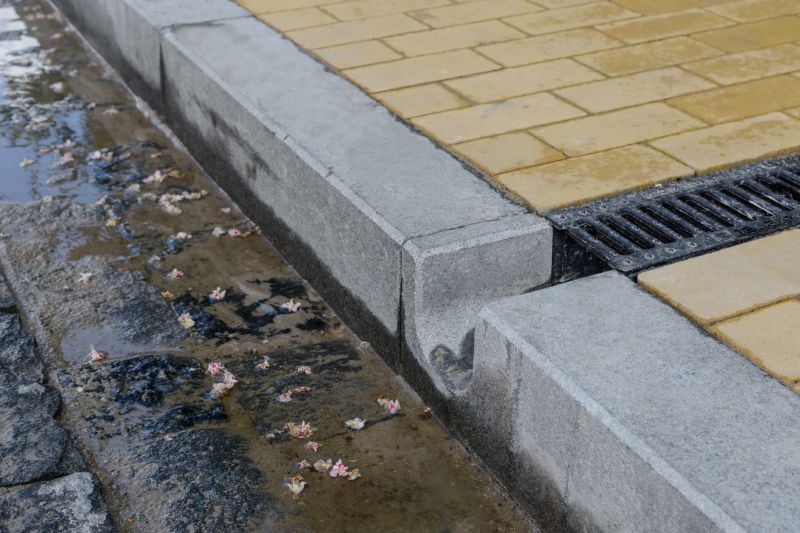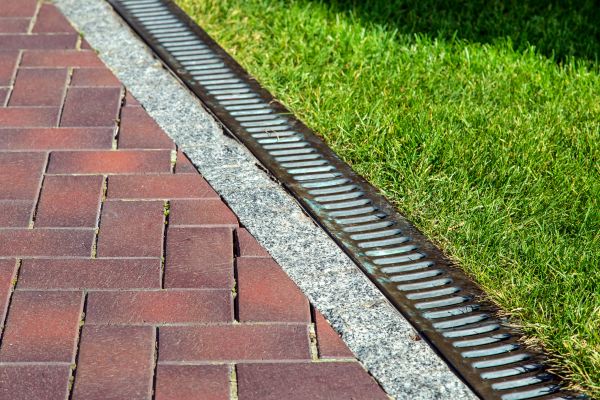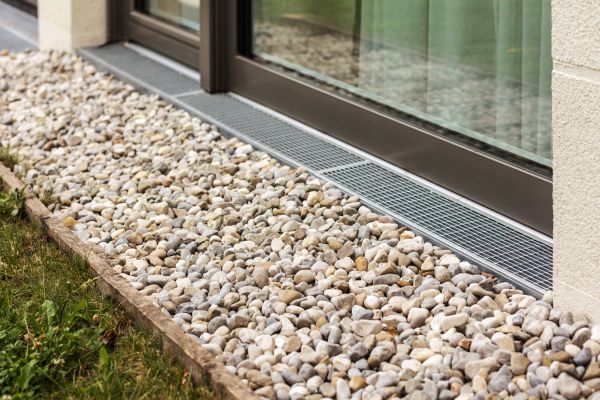Why Should You Hire a Professional for Drainage Optimizing in Smyrna, Georgia?
Hiring a professional for drainage optimizing in Smyrna, Georgia ensures proper management of water flow and protection from damage. Experts understand how to design and install drainage systems that prevent flooding and soil erosion effectively. Attempting drainage solutions without experience can lead to poor results, causing costly repairs and landscape issues. Professionals have the right tools and knowledge to tailor drainage to local conditions and property needs. Proper drainage optimizing enhances land usability and protects building foundations from water damage. It also reduces ongoing maintenance efforts. Investing in professional drainage optimizing helps safeguard property value and functionality in the long term.






